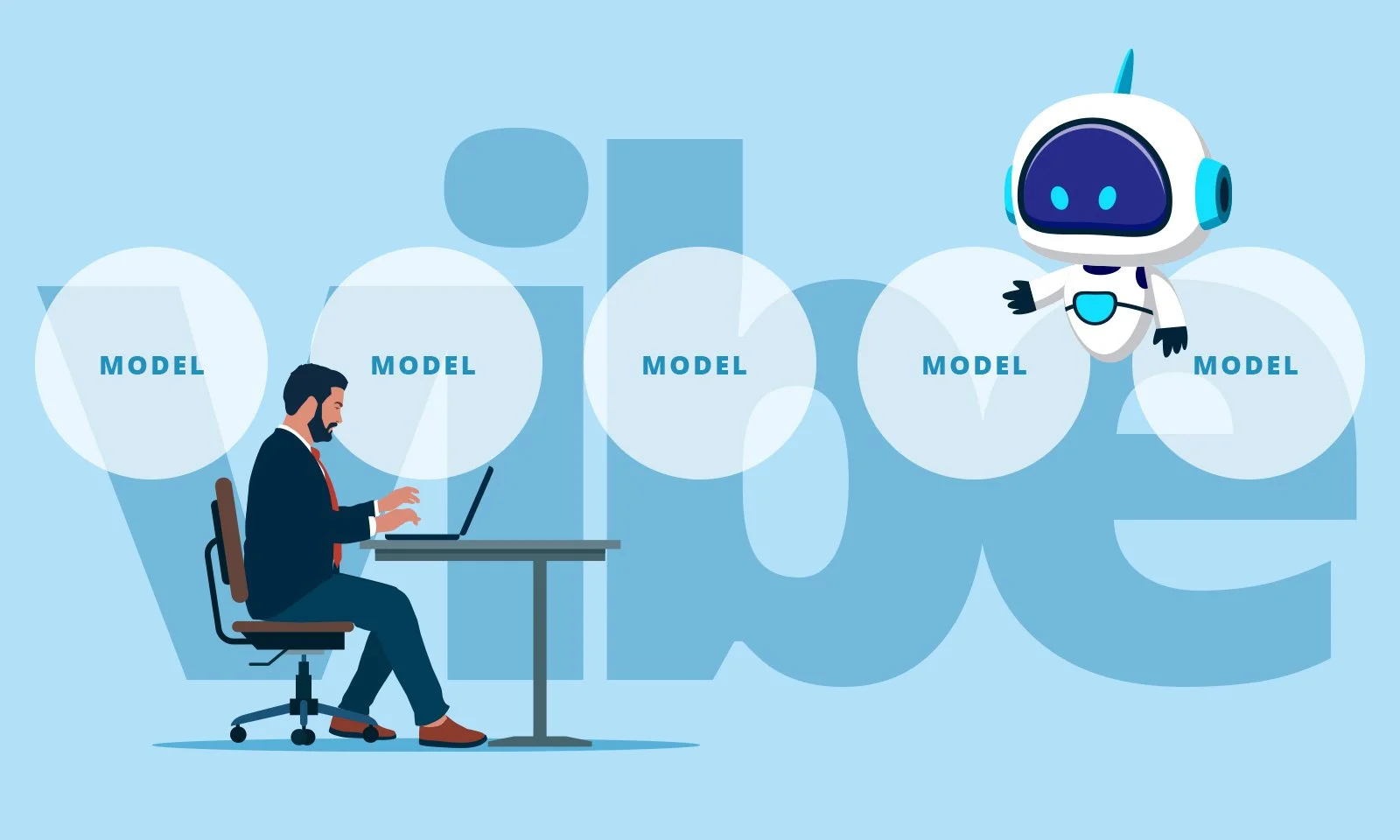What are your potential skills - and who should care
Skills are being described as the new currency of business. Our skills are how represent ourselves, find jobs, get chosen for projects and find people to work with. LinkedIn lets you identify up to 50 skills but modern skill management systems like Ibbaka Talent and TalentSky are basically open systems that let you claim as many skills as you like. Some people have more than two-hundred skills on Ibbaka Talent. This is good, as your skill profile should be as unique as your DNA.
But what to make of all these skills? How do I look at a person's skill profile and know which are the most important skills?
At Ibbaka we help people signal this. Any skill can be marked as Core, something that is essential to a person's work, Target, something they are working to develop, and Hidden, a skill the person has but is no longer emphasizing.
We also categorize some skills as Foundational.
These are the skills used to build other skills. Each of us has very different foundational skills. We all learn in different ways, and bring different strengths and weaknesses to how we learn and come to apply new skills. My own to five foundational skills are Knowledge Management, Writing, Design Thinking, Leadership and Team Building. For my colleague Karen Chiang the top five foundational skills are Leadership, Team Building, Active Listening, Knowledge Management and Writing. Ibbaka CTO Lee Iverson shows Critical Thinking, Abstraction, Knowledge Management, Innovation and Bayesian Networks. The three of us all used to be part of the Vancouver Knowledge Management Community of Practice, which may account for the common thread of Knowledge Management.
But none of these are the most important skills that we have.
The most important skills that any of us have in today's dynamic, shifting economy are our potential skills.
The skills we could have but have not yet surfaced and applied.
Going forward Ibbaka plans to pay more attention to this and to help people surface their potential skills. We see several ways to do this. The first is social. We will be encouraging people to suggest potential skills and roles to each other. "Hey, Karen, given your skills in Analysis and Marketing plus Active Listening, I think you can develop skill in Market Segmentation." That is one approach, and an important one as people learn best from one another and our colleagues can often see our potential better than we can ourselves.We are also going to leverage the power of the skill graph (the formal way in which skills are connected to other skills, to people, to projects and to roles). Using the skill graph we can infer what additional skills a person may have and what skills they can easily develop. We are also going to look at how skills and roles work together so that if a person has some of the skills needed for a role but is missing others Ibbaka wll suggest they invest in the missing skills.
Who should care about potential skills?
It is not just the person concerned. As competition intensifies in professional services and the boundaries between types of firms continues to blur every company is going to need to dig deep, find pockets of skills that are not being applied and develop new capabilities. Skill management is the way to do this. Most of the business and technical skills we are using today are not the ones we will be using in five years. The skills that matter to the future are hidden in our potential skills. Let's work together to bring them to the surface.
Two articles on the importance of potential skills:
Simon Terry: Human Potential is Exponential
Harold Jarche: A roadmap for transition






